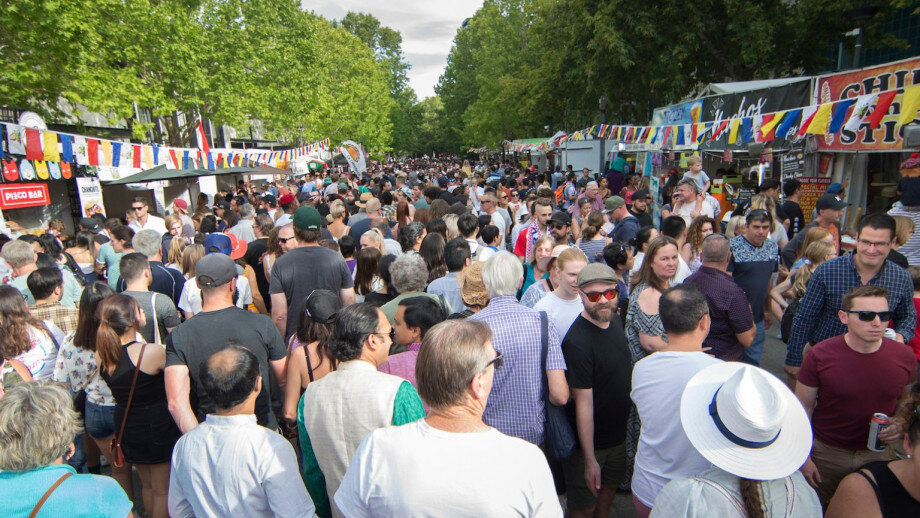The data, collected in July from over 7,700 Australians, including 2,430 overseas-born respondents, sheds light on the challenges faced by the community, with 263 respondents identifying as of Indian origin
In 2023, the Scanlon Foundation’s Mapping Social Cohesion Report paints a sobering picture, revealing a notable decline in overall social cohesion in Australia, scoring 78 points—the lowest since the survey’s inception. The data, collected in July from over 7,700 Australians, including 2,430 overseas-born respondents, sheds light on the challenges faced by the community, with 263 respondents identifying as of Indian origin.
Dr. James O’Donnell, the lead investigator on the Scanlon Institute report, acknowledges Australians’ resilience but points out the strain on social cohesion, attributing it to various factors affecting the fabric of society.
Amid these concerns, an interesting facet emerges. Despite the overall decline, 71 per cent of Indian-Australian respondents express a robust sense of belonging in their neighborhoods, aligning closely with the sentiment of 78 per cent of overseas-born Australians. This strong connection is closely tied to active engagement, with 60 per cent of Indian Australians participating in social or community groups—significantly surpassing their Australian-born counterparts at 49 per cent.
In this complex landscape, where economic strains intertwine with social dynamics, the challenge lies in addressing both financial concerns and fostering a sense of community to rebuild the fraying fabric of Australian society
The Scanlon-Monash Index, in use since 2007, evaluates social cohesion based on five criteria: sense of belonging, sense of worth, social inclusion and justice, participation, and acceptance and rejection. A consistent downward trend across these criteria contributes to the overall decline in the social cohesion score.
Simultaneously, economic anxieties loom large. Only 61 per cent of respondents express satisfaction with their financial situations. Disturbingly, one in ten respondents report struggles in paying rent or mortgages in the past year, while one in five find it challenging to afford healthcare. Among Indian-Australian respondents, 35 per cent admit to financial struggles.
Dr. O’Donnell draws a direct connection between the dip in social cohesion and the escalating cost of living. Financial difficulties correlate with diminished feelings of belonging and increased pessimism about the future. As more Australians face financial pressures in 2023, the decline in the sense of worth and social inclusion doesn’t come as a surprise.
In this complex landscape, where economic strains intertwine with social dynamics, the challenge lies in addressing both financial concerns and fostering a sense of community to rebuild the fraying fabric of Australian society.
*********************************************************
Readers
These are extraordinary times. All of us have to rely on high-impact, trustworthy journalism. And this is especially true of the Indian Diaspora. Members of the Indian community overseas cannot be fed with inaccurate news.
Pravasi Samwad is a venture that has no shareholders. It is the result of an impassioned initiative of a handful of Indian journalists spread around the world. We have taken the small step forward with the pledge to provide news with accuracy, free from political and commercial influence. Our aim is to keep you, our readers, informed about developments at ‘home’ and across the world that affect you.
Please help us to keep our journalism independent and free.
In these difficult times, to run a news website requires finances. While every contribution, big or small, will makes a difference, we request our readers to put us in touch with advertisers worldwide. It will be a great help.
For more information: pravasisamwad00@gmail.com








